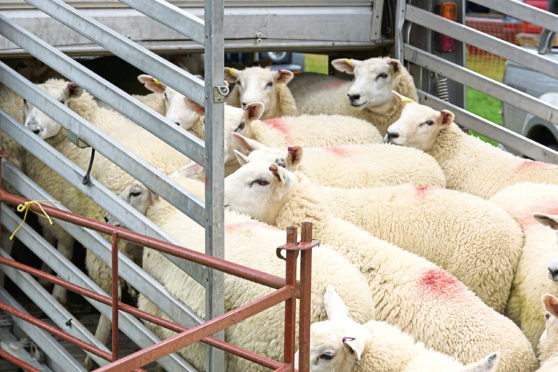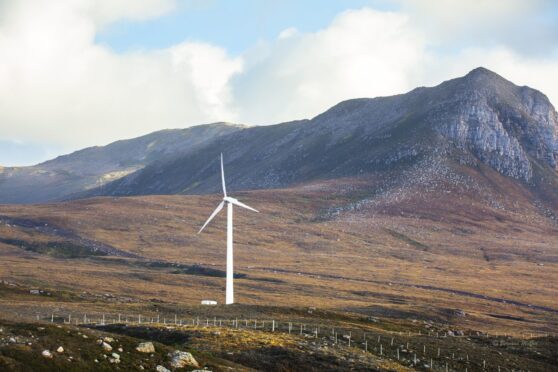The European Commission is continuing to face pressure from farm lobby organisations and politicians to do more to protect the industry from low prices.
To date, aid has been focused on private storage for red meat and dairy, but there are calls for support to be extended to all enterprises. There have also been demands for a higher Common Agricultural Policy budget after October.
These have received a sympathetic response, but the problem for Brussels is that its coffers are just about empty.
On top of that, prospects for member states agreeing to pay Brussels more to help recovery are remote.
Hopes in the EU are now pinned on a gradual reopening of the tourism and restaurant sector, which the commission believes will help stabilise markets, particularly for red meat and wine.
The reopening of garden centres should also head off some problems for the horticultural sector.
The European Commission has published a critical report on the export of live animals.
It claims many suffer on long sea journeys, particularly to countries in north Africa, and that once they arrive there they disappear into a system where their welfare cannot be monitored.
Exporters are accused of poor planning and controls.
The report has been seized on by critics of all livestock transport as evidence of a need for more regulation.
While the report is supposed to be independent, animal welfare groups have said they worked with the commission in its compilation.
Romania comes in for particular criticism, while Ireland and Portugal are praised for their management of the trade.
The commission’s response has again been to suggest there is a need to “harmonise” rules – a repeat of its past failures to crack down on the guilty by ensuring they meet regulations already in place.
Not only was the defeated amendment to Westminster’s Agriculture Bill that would have banned products such as chlorine-washed chicken or hormone-treated beef from entering the country a blow to the farming industry, it also could make it more difficult to maintain open trade with the EU27, our biggest food export market.
It also emerged that the government has agreed the EU will have a role in checking food trade between Northern Ireland and the rest of the UK.










